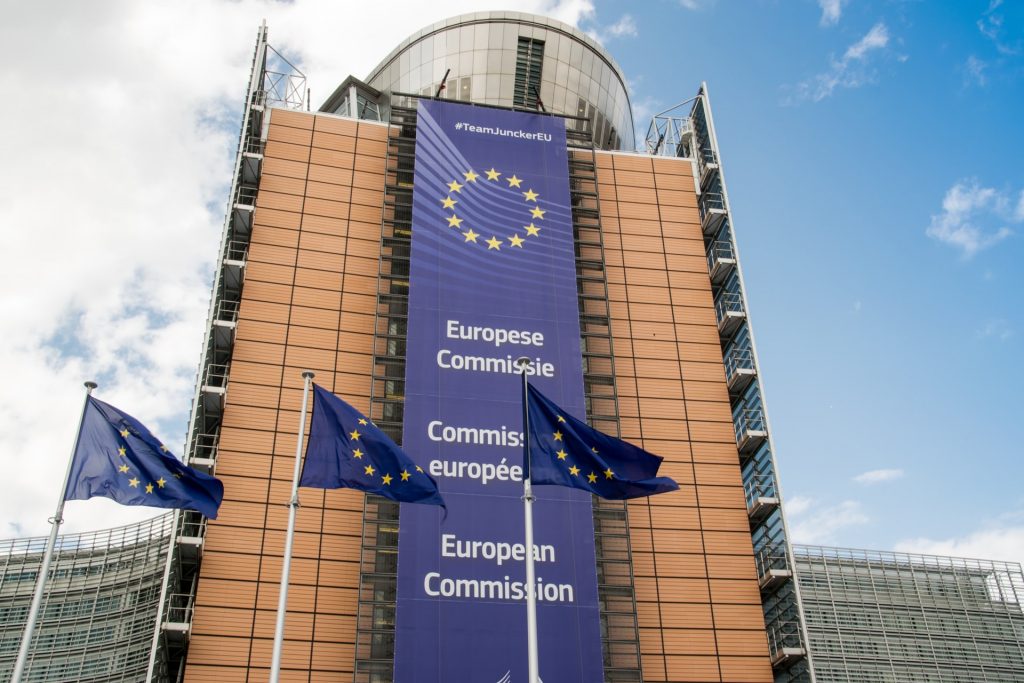European Union member states have agreed to lift its travel ban on Southern African countries, the EU council presidency announced today.
“Member States have agreed this morning at IPCR meeting to lift the emergency break to allow air travel to resume with southern African countries,” tweeted France, the current Council President.
(…) Travelers from this area will still be subject to the health measures applicable to travelers from third countries.”
The move means that stranded European travelers, as well as African passengers, will be permitted to reenter the EU under the regulations each country sets for third-party countries.
Pre-departure testing will be one of the requirements but more can be added.
The decision scraps the ban introduced in November after South Africa announced the discovery of a new highly contagious COVID-19 variant responsible for a massive outbreak in its territory.
The UK was the first country to react barring all passengers from Botswana, Eswatini, Lesotho, Mozambique, Namibia, South Africa and Zimbabwe. EU member states followed suit.

By the first week of December, most of the world had closed its doors to over 11 African nations.
Governments argued that, with the Omicron discovery, South Africa had “bought them time” to prepare for an inevitable spike in cases.
But with the variant massively spreading worldwide, an increasing number of governments started to find it pointless to maintain the ban.
For instance, Canada, Israel, the United States, the Netherlands and the United Kingdom have already lifted this travel ban.
Although early studies showed Omicron to have a lower risk of hospitalization, healthcare systems in Spain, Italy and others are teetering on the edge of being overwhelmed – or already there.
In Spain’s president authorized the reintegration of retired medical personnel to help them fight the tidal wave of cases while hospitals in the United States are deferring elective surgery to free up staff and beds.

